Research: TPACK
The TPACK framework
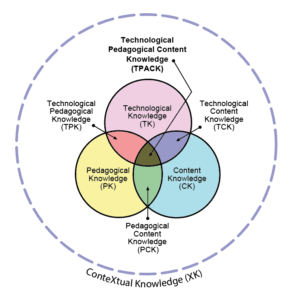
The Technological Pedagogical Content Knowledge (TPACK) framework, is one of the most influential frameworks for technology integration in teaching, first introduced in Mishra and Koehler (2006). The framework seeks to capture some of the essential qualities of knowledge required by teachers for the intelligent integration of in their teaching.
Key articles
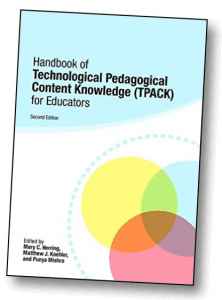
I would like to highlight a few articles about the TPACK framework that I have been part of.
- Mishra & Koehler, 2006: The article that first introduced the framework
- Koehler & Mishra, 2008: The introductory chapter we wrote for the first TPACK handbook
- Herring, Koehler, & Mishra, 2016: The introductory chapter to the 2nd TPACK handbook.
There are of course many others – which can be found by using the search function on the top, or by browsing the blog posts related to TPACK at the bottom of this page.
The TPACK story
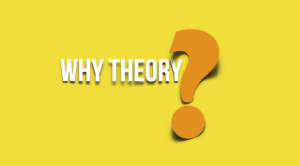
A few years ago I was asked to speak at the fall Doctoral Research Forum for the Mary Lou Fulton Teachers College. I decided to speak about the role of theory in research since, in my experience, this is something that many graduate students find challenging. I contextualized the discussion within the history of the work that Matt Koehler and I did in developing the TPACK framework. You can see the video of the talk Why Theory: Or the TPACK story to learn more of the origin of the idea. (Incidentally, Matt has his own version of the origin story that you can find at Blurred visions: Another history of TPACK.
TPACK, ChatGPT & GenAI
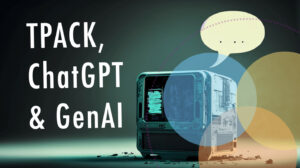
The rise of Generative AI (and tools such as ChatGPT) and their potential impact on education have been discussed and debated ad-nauseam. The key question, is what it is that teachers need to know to intelligently integrate these technologies in their practice. This paper brings together some early work on people’s psychological responses to media, my work on the TPACK framework, and our evolving understanding of these new technologies. Citation given below.
Mishra, P, Warr, M, & Islam, R. (2023). TPACK in the age of ChatGPT and Generative AI. Journal of Digital Learning in Teacher Education, DOI: 10.1080/21532974.2023.2247480
Fun with TPACK
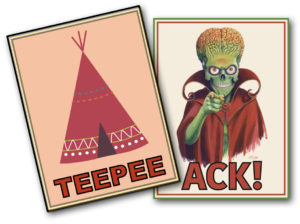
It doesn’t have to all work and no play. Below are some fun TPACK related resources that I have either created or archived.
Spread of the idea
The TPACK framework has influenced research and practice across the world. One of the measures of its impact is the extent of scholarship and research that has emerged from it.
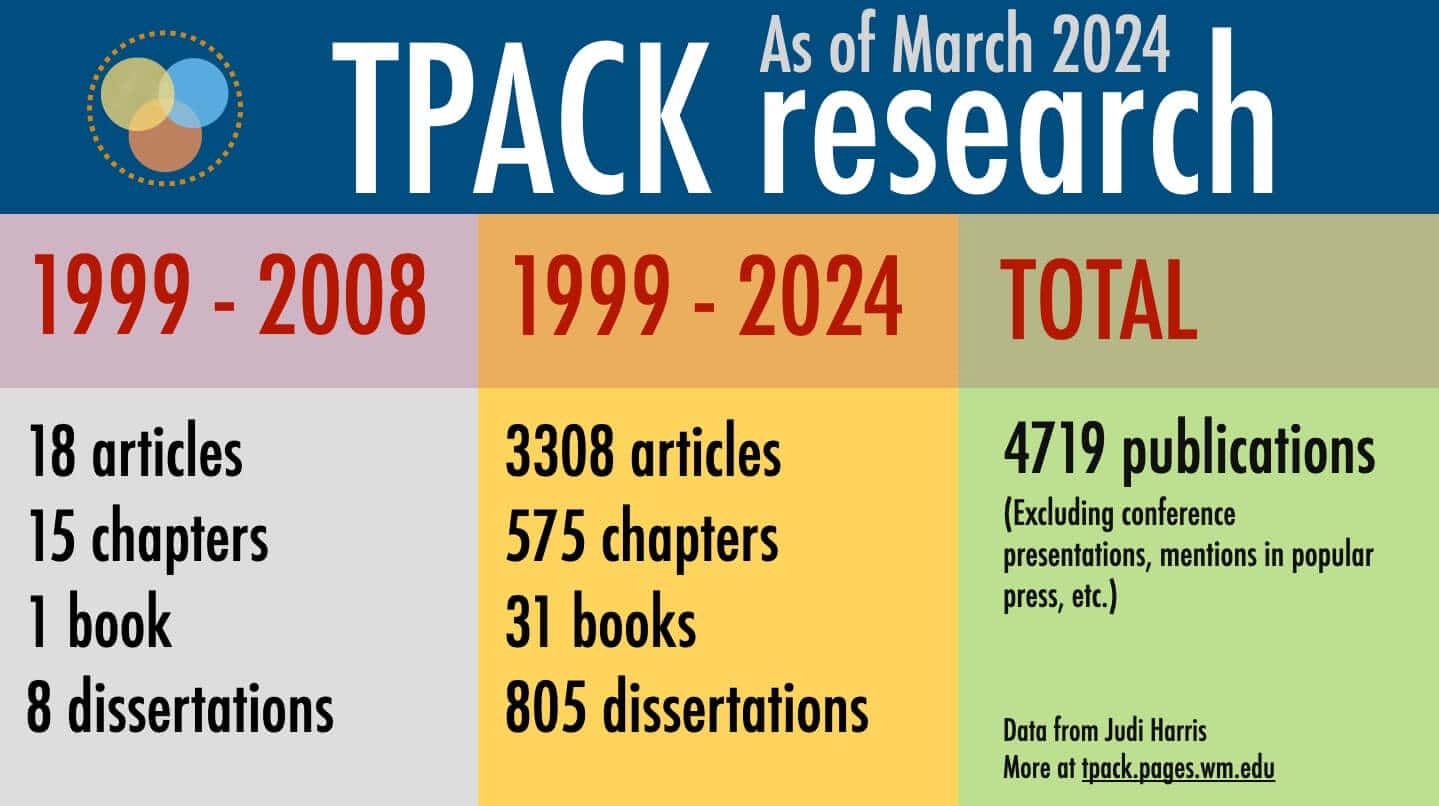
Data from Judi Harris (tpack.pages.wm.edu)
Learn more about
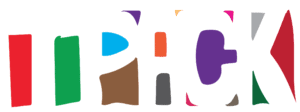
There are a wide range of resources about TPACK on the web. On this website you can find
- The TPACK Newsletter: Curated by Judi Harris and archived here
- TPACK videos based on presentations that I have made over the years.
Other important resources are the TPACK.org website (maintained by Matt Koehler) and the wikipedia TPACK page (maintained by members of the TPACK-Special Interest Group at SITE).
Blog posts related to TPACK
SITE 2024: A recap
The Society for Information Technology in Teacher Education (SITE) conference has been an integral part of my professional journey for over two decades. My first presentation at SITE was back in 2001 with Matt Koehler and through the years, SITE has played a pivotal...
The (Neil) Postman Always Rings Twice: 5 Questions on AI and Education
Note: This post has also been cross-posted on the Civics of Technology blog. Marie Heath (with whom I recently co-wrote a blog post about GenAI in Teacher Education: A techno-skeptical perspective) and I were invited to write a chapter for an edited volume titled...
Generative AI in Education: Keynote at UofM-Flint
A couple of weeks ago I was invited to give a keynote at the Frances Willson Thompson Critical Issues Conference on Generative AI in Education. It was great to go back to Michigan even if for a super short trip. One of the pleasures of the visit was catching up with...
Hype & Luck: Gratuitous Self-Promotion (2024 Edition)
It is natural, if you have been working in a field for a while, and have been somewhat successful, that some accolades will come your way, just by dint of being around long enough. As Bing Chat wrote, when asked to create a funny, self-deprecating profile of me in the...
Generative AI, Teacher Knowledge and Educational Research: Bridging Short- and Long-Term Perspectives.
I am pleased to share our latest article in our ongoing column series for TechTrends on the topics of technology creativity and education. Over the past few months we have focused on generative AI, through conversations with thought leaders such as Chris Dede...
Education & the Rise of AI Influencers
I have been thinking hard about the nature of generative AI, what sets it apart from other technologies that have come in the past. It seems to me there are two key factors. The first is its ability to engage in dialogue, in natural language and the second are its...
AI is WEIRD: Part II
Note: The image above is an original design - showing "AI" embedded in the word "WEIRD" Generative AI is weird... as I had written in my previous blog post, identifying some key characteristics I had described in a recent Keynote presentation. In the process of...
Keynote Presentation: AI in Education Summit
Note: The image above is the result of a two-stage creative process—done in collaboration with AI. Dall-E was tasked, over multiple iterations, to craft a woodcut-style image, to abstractly capture the idea of AI and education, with dark and light motifs, aiming to...
OECD Global Forum on the Future of Education: Bucharest, Romania
I have been in Bucharest for the past few days participating in the OECD Global Forum on the Future of Education. It has been great fun, meeting lots of new people, developing frameworks around AI and education and more. A few resources and photographs from the...
Design\Ethics\AI
Technologies like remote proctoring software and advanced language models are no longer futuristic concepts. They're here, and they're reshaping how we learn and how we teach. But with these advancements come critical ethical considerations. The deployment of these...
Can we please slow it all down? School leaders take on ChatGPT (new article)
We have, over the past months, explored a range of issues related to generative AI, education, and creativity in our column series, for TechTrends, with the goal of fostering dialogue among stakeholders—students, parents, educators, and policymakers—to ensure these...
A-EYE: When AI can see
AI can now see! And talk to you about what it sees! ChatGPT released its latest upgrade - the ability to not just create images but also to interpret them. I had been waiting for a while now to get access to these new vision features - and just this morning it popped...
The TPACK game: ChatGPT version
Back in the day, Matt Koehler and I had come up with a game to help teachers creatively explore the TPACK framework. There are some traces of this on this website (see here and here) but many of these links are dead. One that still exists is this YouTube video by Lisa...
Designing learning in a transformed world: Keynote
I was recently invited to present virtually at The Heart of Innovation Summer Summit, organized by the Heartland Area Education Agency in Iowa. The video of my talk can be seen below. Maybe my first serious keynote talk about generative AI and education. Enjoy...
Teacher Knowledge in the age of ChatGPT and Generative AI
Update March 2024: This paper received the JDLTE Outstanding Research Paper Award recognizing "the single article from the prior volume year with the highest possibility to advance the field of teacher education, based on the criteria of potential impact and...
